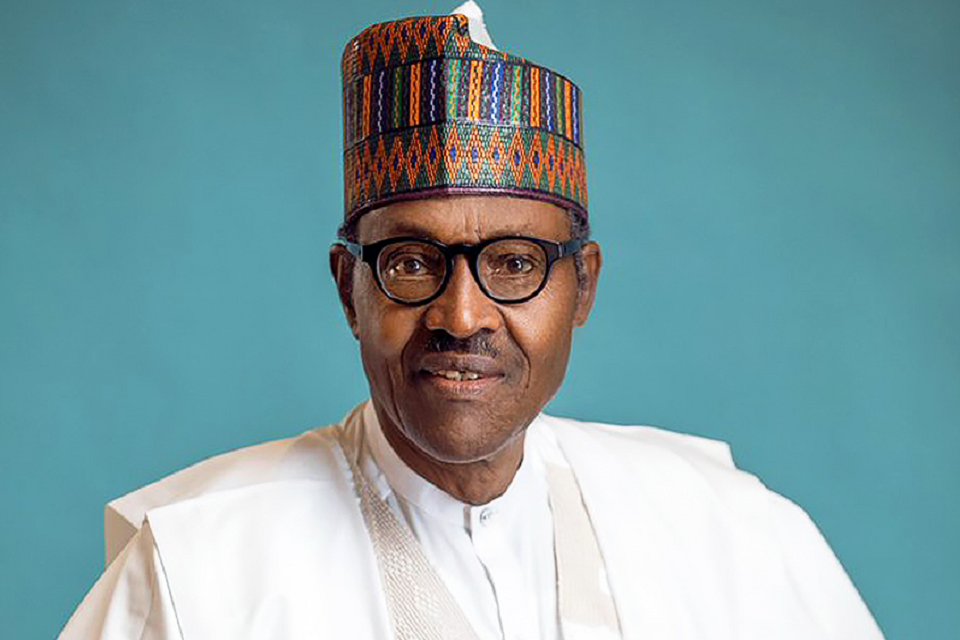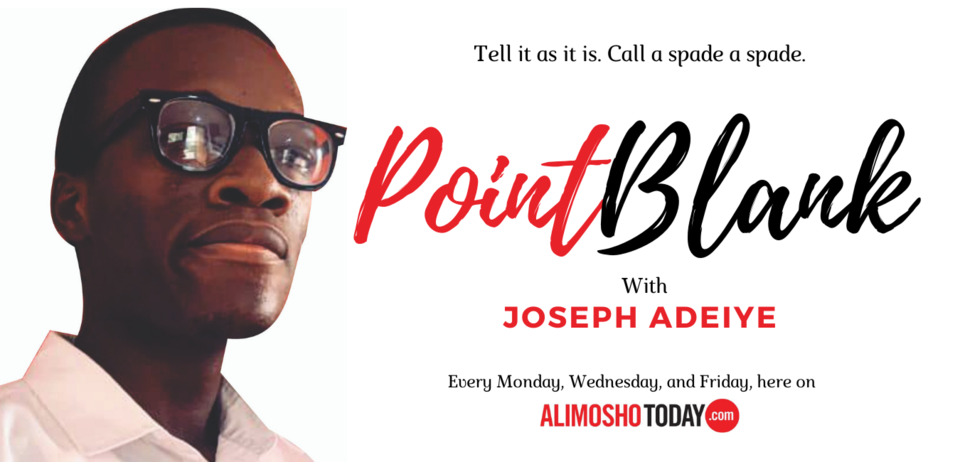THE worst highlight of the first quarter of 2021 for me was defaulting on a loan for a couple of days, the consequences were interlocked and it basically interrupted the rhythm of my life. One second I was trying to make sense of a paragraph and the next second my conscience torments me by reminding me of my long overdue debt. Sometimes, I would be in a state of shock and a heavy blanket of lethargy would fall upon me. It is not too different for a country that is beginning to find comfort in taking potentially bad debts. It was when someone responded to Nigeria’s ostentatious care for foreigners such as Chinese citizens with a funny remark about our debt to China that I began to think about the case of a debt trap again.
Before now, there had been numerous comments on the dangers of relying too much on loans from China since our official diplomatic relations with the Chinese, established in 1971, is supposed to be more symbiotic. We have obviously been great trading partners, with Nigeria being the buyer most of the time. The tagline Made in China is hardly alien to any Nigerian and many Nigerian business owners have invested heavily in the Chinese market for over two decades.
In between trading and investing, the Nigerian government has been borrowing. China has been happy to lend too. Many countries borrow at one point in time or the other, and from their fellow countries in the international community. However, the increased borrowing from one particular nation is bound to raise concerns about the balance of the bilateral relationship between the lender and the borrower. Although the Buhari government has had to deny that the country is becoming too reliant on loans from China, Nigerians have become increasingly uneasy with this unidirectional benevolence in a bilateral relationship with China.
 President Muhammadu Buhari. Photo credit: Nairametrics
President Muhammadu Buhari. Photo credit: Nairametrics
Some of the issues raised in some of the public debates about Nigeria’s indebtedness to China now include speculations that the Nigerian government is risking Nigeria’s sovereignty by staking it on a gamble with the country’s ability to repay such debts in due time. The Buhari cabinet insists that the country is not at risk even if it defaults. On August 2020, the minister of transport, Rotimi Amaechi, said that “we must learn to pay our debts and we are paying, and once you are paying, nobody will come and take any of your assets,”. Now China and the Nigerian government can continue to assure us that the borrowings of Buhari will not mar diplomatic ties between Nigeria and China or force a Chinese takeover, but Nigeria is obligated to be in a financial position of constant repaying and therein lies our woes.
At the end of 2020, according to Quartz Africa and the most recent official data available, Nigeria’s public debt was 32.9 trillion Naira or 86.3 billion dollars. This data was collected from the country’s debt management office.
“This debt comprised: N12.7 trillion ($33.3 billion) in external debt, all of it contracted by the federal government, and N20.2 trillion ($53 billion) in domestic debt, including loans by banks. Of this amount, the federal government owed N16 trillion ($42 billion) while the balance was loaned by the state governments and the federal capital territory.
Of the external debt, 9.7% of N1.2 trillion ($3.3 billion) was owed to the Export-Import Bank of China. This is a state-owned and funded bank that supports China’s foreign trade and investment.
The debt to China formed 80.1% of the bilateral debt, or $4.1 billion. Bilateral debt generally refers to debt loaned by one state to another state. Other countries that have lent to Nigeria are France, Japan, India, and Germany. Multilateral debt, or debt owed to international financial institutions such as the African Development Bank, the World Bank and the International Monetary Fund, stood at $17.9 billion.”
We have been dancing with fiscal crises, reporting low national savings, extremely low income with a devalued currency, and spending cuts here and there. The next time a Lai Mohammed or Chris Ngige complains about Nigeria’s inability to respond to certain problems because of lack of funds, it is safe to say that they have condemned, indeed complained, about the consequences of extensive borrowing. Where on earth are we going?


.png;w=120;h=80;mode=crop)
